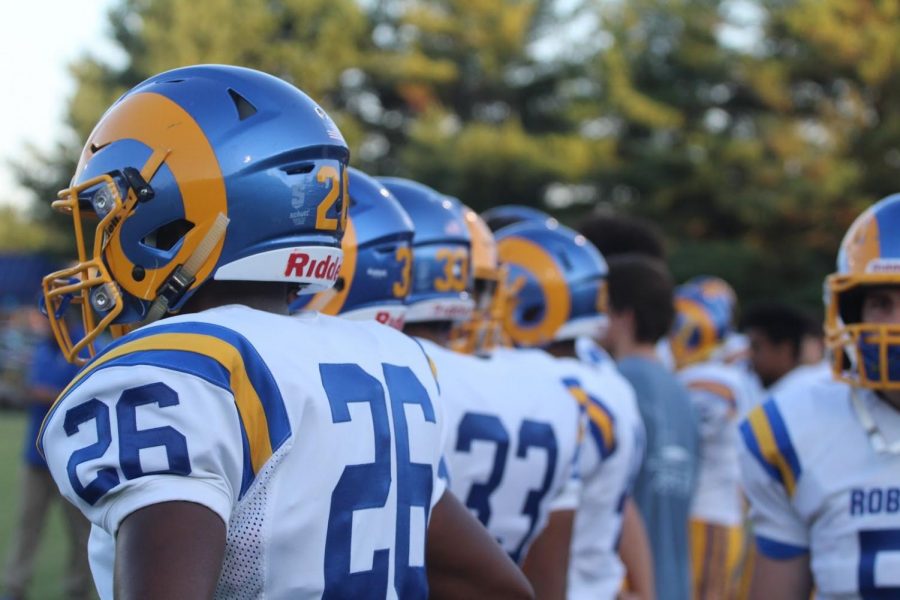It is no secret: driving a car is among the most enjoyable privileges licensed teens enjoy. Little else compares to the thrill of zipping down an open road, watching scenery pass by while holding a hand out the window. However, teens may remain unaware of danger behind the wheel until it collides with them head on.
According to U.S. Department of Transportation, roughly 2.24 million drivers were injured in accidents in 2010. It is easy to assume Fairfax is immune from these hazards, but unless one is prepared to avoid them, they may not do so until it is too late. Officer Jonathan Watkins spoke with valor-dictus.com to alert readers how to handle 3 common road risks.
Risk One: Distracted Drivers
The Danger: Whether these guys are munching on a Chipotle burrito, tweeting incessantly or applying makeup (or all of the above), their eyes are nearly always not where they should be: the road. Because of this, they will often drive using their memory whenever they glance away, unprepared to react to any sudden changes, not the least of which includes another car stopping in front of them. Drunk drivers are a rather publicized variety of distracted driver, and intense emotions can be considered a form of distraction as well.
Watkins Says: “Students should practice defensive driving techniques, such as the ones they are taught in Driver’s Ed. They always have to be on the lookout for distracted drivers so they can drive safely around them.”
Risk Two: Terrible Drivers
The Danger: As Miley Cyrus enjoys singing, everybody makes mistakes. This type of driver, however, appears intentionally reckless to outside observers. Whether this is because they lack experience, or simply enjoy living life on the edge, is anyone’s guess. These are the guys one hears screeching to a halt behind their house each evening because they decided to drive at thrice the speed limit, attempting maneuvers on the road they have no chance of pulling off. Unfortunately, it may take an accident or two to convince a terrible driver to mend their ways.
Watkins Says: “Just get out of the way, if you can. If possible, move over to another lane, or even better, pull over and report the driver to the police. You don’t want to get wrapped up in these accidents.”
Risk Three: Poor Road Conditions

The Danger: Whether it is being flooded with school-cancelling rain or bombarded by snow during homecoming, Fairfax offers plenty of challenging driving conditions to which drivers must adapt. Since its roadways are often already crowded or winding, the loss of visibility or the increase in slipperiness places a truckload of pressure on everyone to drive more carefully or pay the consequences. Sadly, even an excellent driver can find themselves in a sticky situation if another car skids out on the icy road in front of them.
Watkins Says: “If it’s raining, it’s obvious that students should drive more slowly. They should always keep their headlights and windshield wipers on to lessen the weather’s impact. If it’s snowing, I don’t think young drivers should be on the road at all.”






